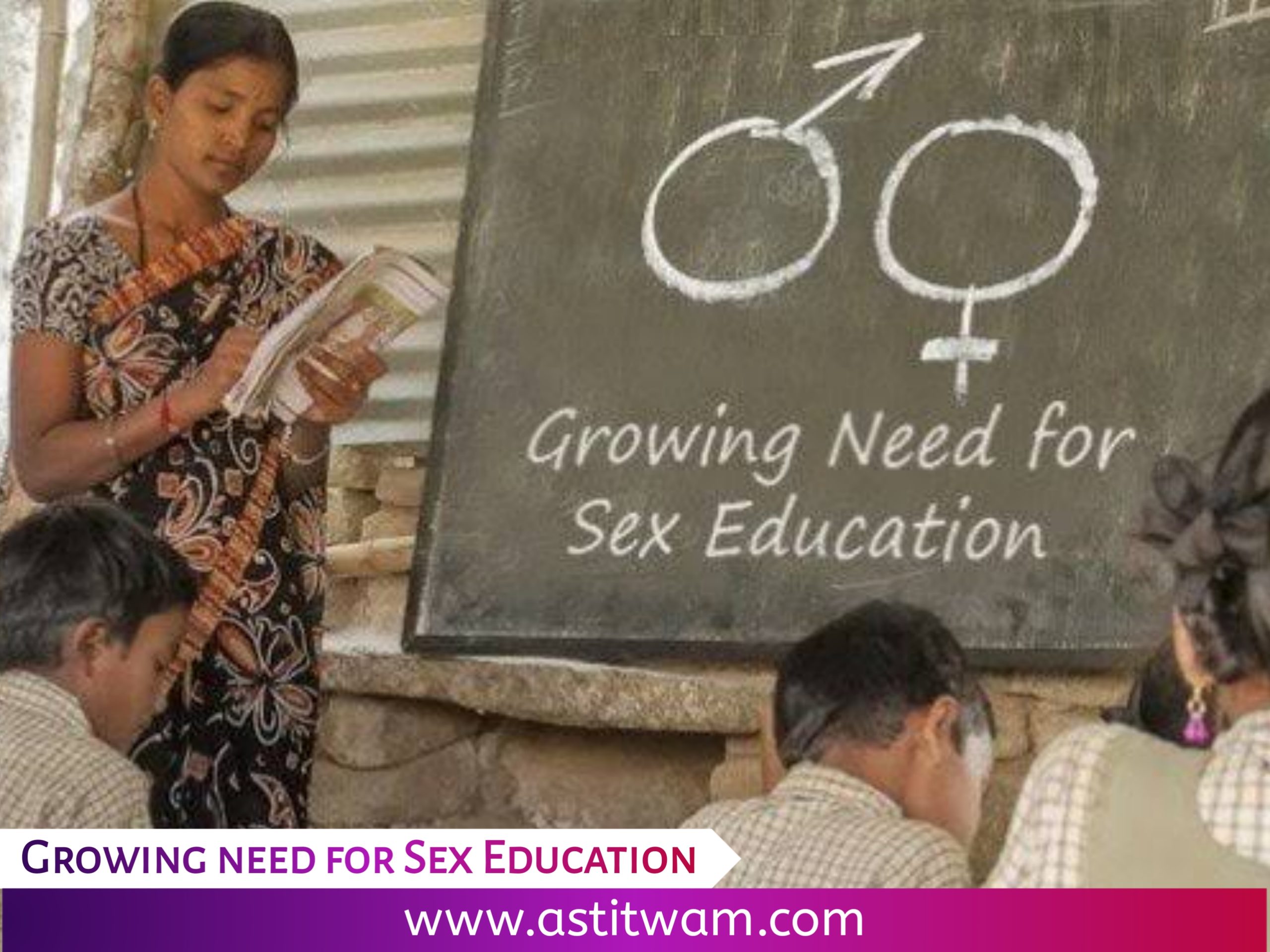How to mentor our children during their Adolescence period?

When mentoring our children during their adolescence period, it’s important to consider cultural factors and adapt your approach accordingly. Here are some specific suggestions for mentoring Indian children during this crucial stage:
- Understand cultural values: Familiarize yourself with the cultural values and norms that shape the lives of Bhartiya children. Respect for elders, strong family ties, and academic achievement are often emphasized in Bhartiya culture. Recognizing and understanding these values will help you connect and mentor more effectively.
- Build trust and rapport: Establishing a trusting relationship is crucial for effective mentoring. Take the time to build rapport with the child, their family, and the community. Show genuine interest in their lives, listen actively, and demonstrate respect for their cultural background.
- Emphasize education and career guidance: Education is highly valued in Indian culture. Encourage and support the child’s academic pursuits, helping them set realistic goals and providing guidance on career options. Help them explore different fields and encourage them to pursue their passions while considering practical considerations.
- Address cultural and societal pressures: Bhartiya adolescents often face unique cultural and societal pressures, such as academic competition, parental expectations, and cultural gender roles. Acknowledge and address these pressures by discussing them openly and providing a safe space for the child to express their concerns and aspirations.
- Provide guidance on cultural identity: Adolescence is a time when young people explore and develop their sense of cultural identity. Help Bhartiya children navigate this process by encouraging them to explore and appreciate their cultural heritage. Discuss topics related to cultural identity, traditions, and values, helping them build a strong sense of self.
- Encourage critical thinking and independent decision-making: Bhartiya children are often taught to respect authority and follow traditional norms. Encourage them to develop critical thinking skills and independent decision-making abilities. Foster an environment where they feel comfortable questioning and challenging ideas, while also respecting their cultural roots.
- Mentor both boys and girls equally: In some parts of Bhartiya society, gender roles and expectations can be rigid. Provide equal support and guidance to both boys and girls, promoting gender equality and encouraging them to pursue their interests and aspirations without limitations.
- Address mental health stigma: Mental health can still carry a significant stigma in Bhartiya culture. Educate children and their families about the importance of mental well-being and normalize conversations around mental health. Encourage seeking help from professionals when needed and provide resources for mental health support.
- Foster community involvement: Bhartiya culture often emphasizes community and social connections. Encourage the child to engage in community service, cultural events, and extracurricular activities that promote social interaction and a sense of belonging.
- Be culturally sensitive and flexible: Remember that cultural practices and perspectives may vary among different regions, religions, and communities within Bharat. Be open-minded, culturally sensitive, and willing to adapt your mentoring approach to accommodate the unique needs and values of the child and their family.
By taking into account these cultural considerations, you can effectively mentor Bhartiya children during their adolescence, helping them navigate challenges, develop their potential, and build a strong foundation for their future.




